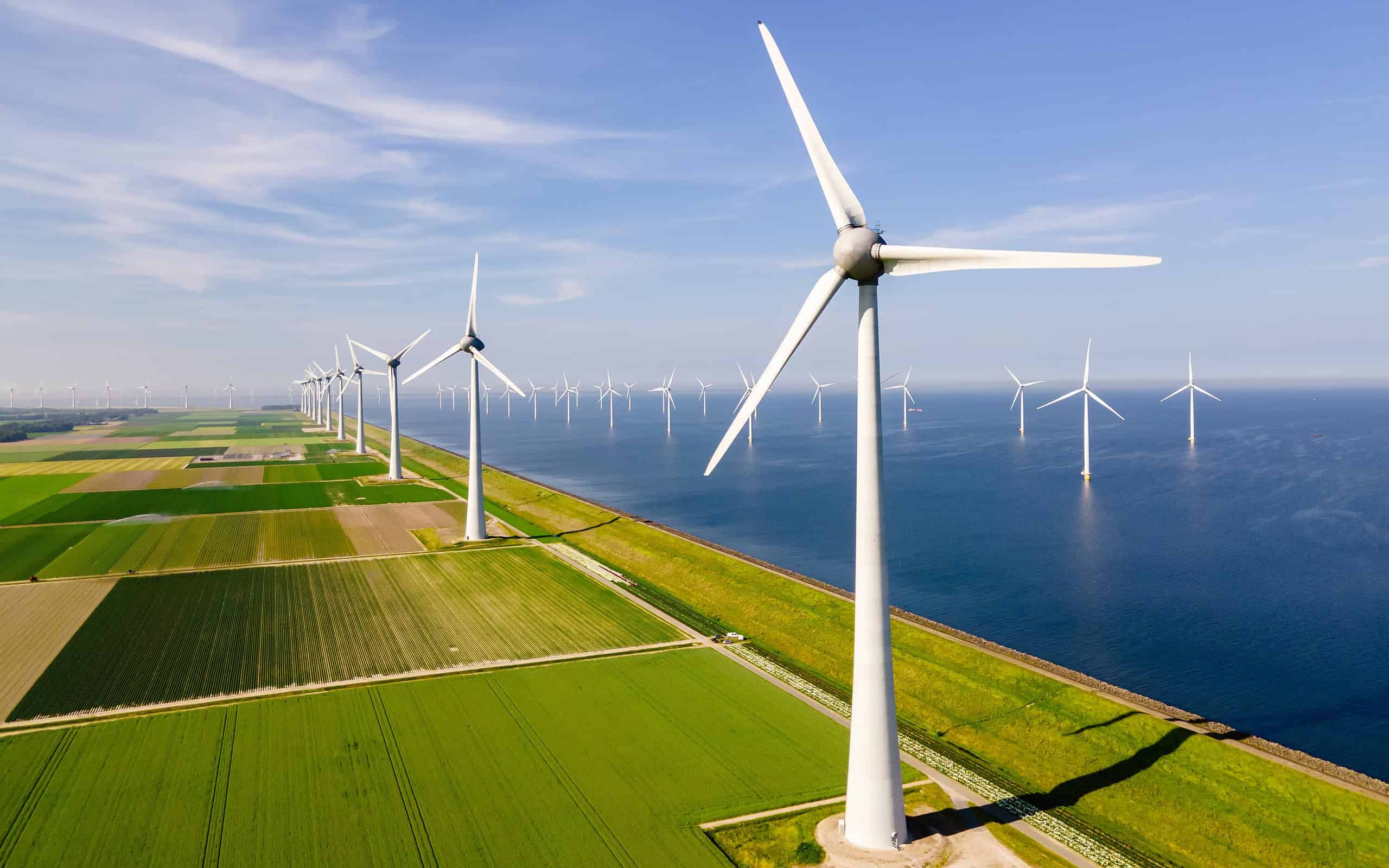Political opposition stalls US momentum in green investing, while Japan takes the lead with GX bonds and a long-term financing strategy.
Japan’s commitment to ESG principles remains steadfast, even as major economies diverge in their approaches. While the United States grapples with an ESG backlash marked by legal challenges and political resistance, Japan is doubling down on its green initiatives, notably through the issuance of Green Transformation (GX) bonds.
Japan has emerged as a leader in climate transition finance, becoming the first country to issue sovereign transition bonds in February 2024. These five-year Climate Transition JGBs raised 100 billion yen (about $680 million), with subsequent auctions planned for 2025, underscoring the government’s dedication to funding decarbonization projects. The Ministry of Finance highlighted that these bonds align with the Paris Agreement’s goals and are designed to support industries in hard-to-abate sectors.
“Japan is taking an evidence-based approach to ESG, focusing on science-based targets and transparency,” said Hiroshi Tanaka, an ESG analyst in Tokyo. “The GX bonds are a clear signal of our commitment to sustainable growth.”
While Japan accelerates its ESG efforts, the United States faces growing skepticism. Over the past few years, conservative lawmakers and political figures have pushed back against ESG investing, arguing that it puts social or political goals ahead of financial performance. States like Texas and Florida have enacted legislation to restrict the use of ESG criteria in state-managed investments. Lawsuits targeting ESG-related disclosures and investment practices have surged, fueled by concerns over fiduciary duty and political polarization. A recent report from Harvard Law School noted that litigation risks have become a significant deterrent for US companies pursuing ESG strategies.
“In the US, ESG has become a political football,” said Sarah Miller, a corporate governance expert. “The backlash reflects deeper ideological divides and fears of overregulation.”
In contrast, Japanese policymakers view ESG as a long-term economic imperative rather than a partisan issue. “For Japan, ESG is not just about compliance; it’s about creating value for future generations,” Tanaka said.
Japan’s approach aligns closely with that of the European Union, where ESG remains central to regulatory frameworks like the Corporate Sustainability Reporting Directive (CSRD). Both regions emphasize transparency and accountability in climate-related disclosures. However, the US has seen efforts to roll back ESG initiatives at both state and federal levels.
A recent Forbes article highlighted this divergence: “While Europe and Japan are embedding ESG into their economic systems, the US is witnessing a retrenchment driven by political opposition and legal challenges.”
Despite global headwinds, Japan appears undeterred in its ESG journey. The government plans to expand GX bond issuance and encourage private-sector participation in sustainable finance. Experts believe this proactive stance will position Japan as a global leader in climate transition efforts.
“Japan’s strategy is pragmatic yet ambitious,” said Tanaka. “It recognizes that achieving net-zero emissions requires both public and private investment.”
As the world navigates complex ESG dynamics, Japan’s commitment offers a stark contrast to the turbulence elsewhere, especially in the US. Whether this divergence will widen or converge remains an open question.
